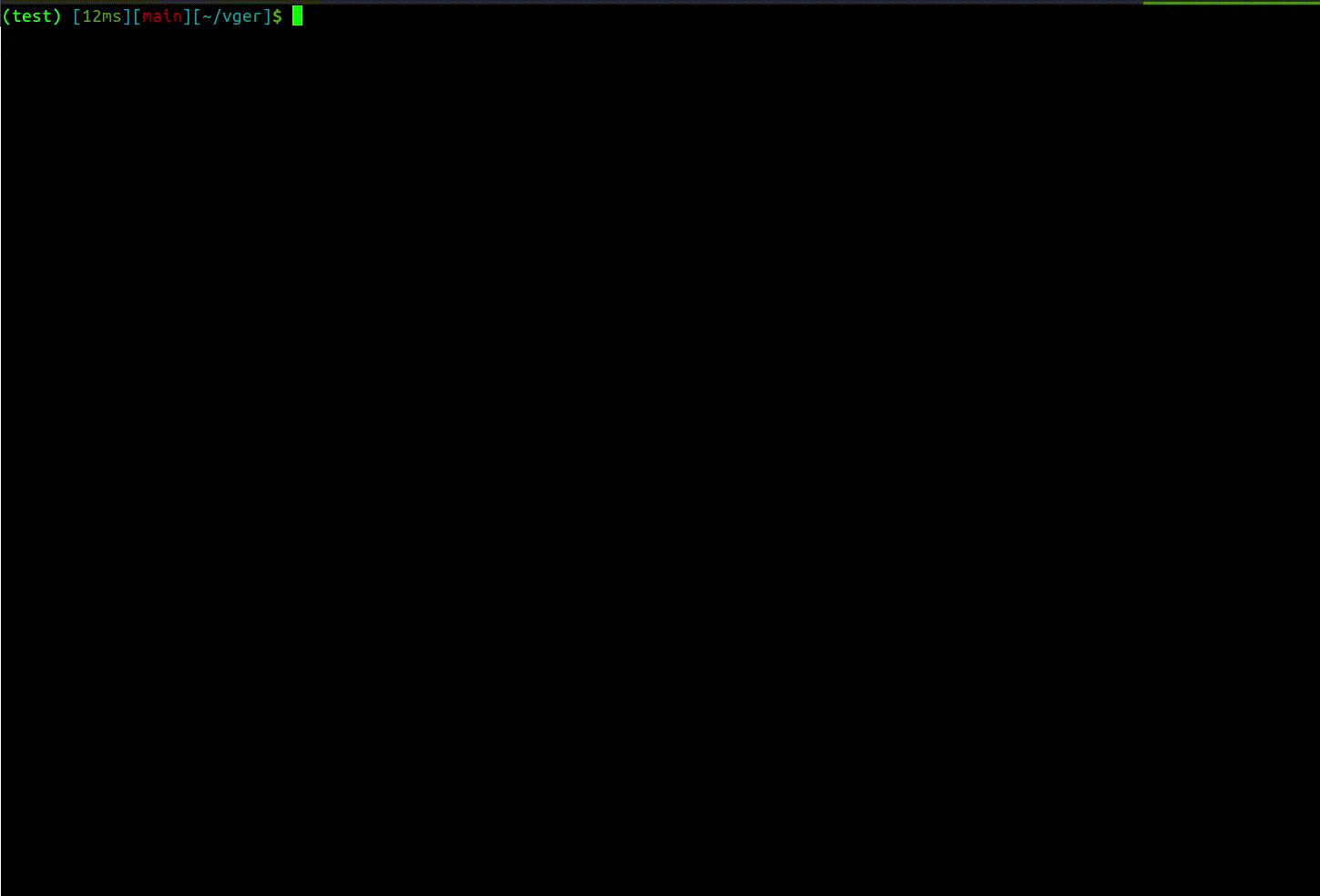V'ger is an interactive command-line application for interacting with authenticated Jupyter instances.
pip install vger
Upon opening the application, users will be prompted for connection information.
- Provide the full target host including the port and trailing slash (such as
http://172.0.0.1:8888/). - Provide the token or password.
Once a connection is established, users drop into a nested set of menus.
The top level menu is:
- Reset: Configure a different host.
- Enumerate: Utilities to learn more about the host.
- Exploit: Utilities to perform direct action and manipulation of the host and artifacts.
- Persist: Utilities to establish persistence mechanisms.
- Export: Save output to a text file.
- Quit: No one likes quitters.
These menus contain the following functionality:
- List modules: Identify imported modules in target notebooks to determine what libraries are available for injected code.
- Inject: Execute code in the context of the selected notebook. Code can be provided in a text editor or by specifying a local
.pyfile. Either input is processed as a string and executed in runtime of the notebook. - Backdoor: Launch a new JupyterLab instance open to
0.0.0.0, withallow-rooton a user-specifiedportwith a user-specifiedpassword. - Check History: See ipython commands recently run in the target notebook.
- Run shell command: Spawn a terminal, run the command, return the output, and delete the terminal.
- List dir or get file: List directories relative to the Jupyter directory. If you don't know, start with
/. - Upload file: Upload file from localhost to the target. Specify paths in the same format as List dir (relative to the Jupyter directory). Provide a full path including filename and extension.
- Delete file: Delete a file. Specify paths in the same format as List dir (relative to the Jupyter directory).
- Find models: Find models based on common file formats.
- Download models: Download discovered models.
- Snoop: Monitor notebook execution and results until timeout.
- Recurring jobs: Launch/Kill recurring snippets of code silently run in the target environment.

